For adults with learning disabilities, finding meaningful employment can be a transformative experience, fostering independence, confidence and a sense of purpose. However, the job market can also present challenges, making it essential to find the right fit.
This blog explores employment opportunities available to adults with learning disabilities and offers guidance on finding positions that align with their strengths and interests.
The importance of employment for adults with learning disabilities
Employment plays a vital role in enhancing the quality of life for adults with learning disabilities. Beyond financial independence, it offers numerous emotional and social benefits – through work, individuals gain a sense of routine, self-esteem and social inclusion. It also helps people to develop new skills, build relationships and improve their local community.
In a supportive workplace, individuals with learning disabilities can thrive, perform valuable roles, and bring unique perspectives to the table. Employment helps to combat social isolation and empowers individuals to take pride in their contributions to the workforce.
Identifying strengths and interests
The key to finding the right employment opportunities for adults with learning disabilities is identifying their strengths, skills and interests. Some may excel in roles that involve hands-on work, such as gardening, cleaning or packaging, whereas others may prefer administrative tasks or roles within the creative sector. By focusing on what the individual enjoys and is good at, it becomes easier to find jobs where they can flourish.
Many organisations now offer vocational training and employment programmes that cater to the diverse abilities of people with learning disabilities. These aim to match individuals with job opportunities that align with their skills and preferences, creating a sense of fulfilment in their work.
Supportive employers and inclusive workplaces
A supportive and inclusive work environment is crucial for the success of employees with learning disabilities. Employers who prioritise accessibility, flexible work practices and reasonable adjustments can make a significant difference. Some key characteristics of an inclusive workplace include:
- Tailored training and development: Providing clear instructions, structured tasks, and ongoing support to help employees succeed.
- Flexibility: Adjusting work hours, tasks or environments to accommodate individual needs.
- Mentorship programmes: Pairing employees with experienced team members who can offer guidance and encouragement.
- Inclusive culture: Nurturing understanding and awareness throughout the workforce, helping to break down stigma and build a culture of respect.
Employment programmes and opportunities
Many organisations offer employment programmes designed specifically for adults with learning disabilities. These programmes help individuals to develop essential job skills and secure placements in roles that align with their abilities. For example, some employment services provide personalised job coaching and on-the-job support, ensuring that individuals can successfully transition into the workforce.
In addition, social enterprises and charities often create employment opportunities that cater to people with learning disabilities. These organisations provide a safe and nurturing environment where individuals can work, gain confidence and develop new skills. Some businesses have partnerships with these organisations, offering inclusive hiring practices and job openings for people with learning disabilities.
Finding the right fit
It’s important to remember that not every job will be suitable for every individual. The key is to take a person-centred approach when exploring employment options. The following factors should be considered:
- Job role: What are the responsibilities, and are they manageable and suitable for the individual?
- Work environment: Is the workplace supportive, inclusive and accessible?
- Hours: Does the role offer flexibility to accommodate any personal needs?
- Support: Is there job coaching, training or mentoring available to help the employee succeed?
Find out more about Case
If you’d like to know more about the inclusive learning environments here at Case, please get in touch with our friendly team on 01482 320200.


